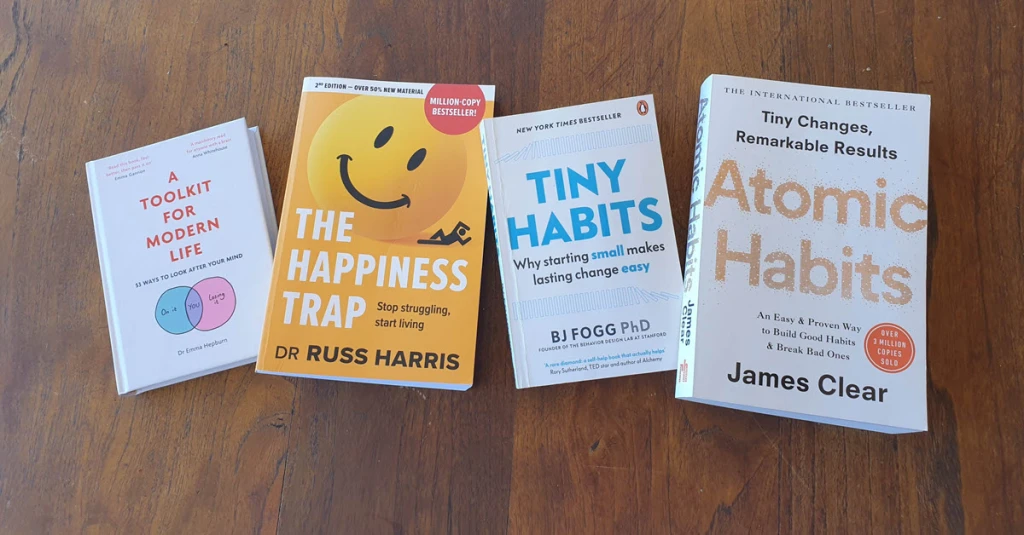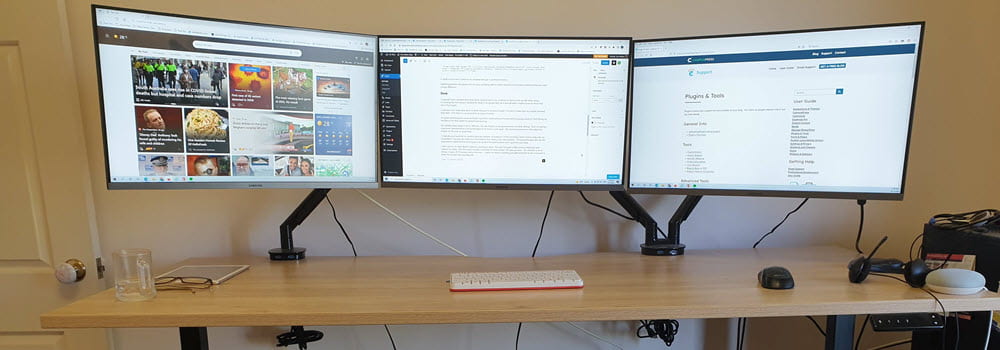Annelieske and I was fortunate enough to have dinner with James Farmer (Edublogs founder) and Cait when we visited Melbourne.
Since our dinner I have been reflecting on what James said about online communities like Ning. He said that a Ning community may initially start off well but in the long term will always struggle because for one simple reason — “ownership.”
Firstly I should explain why am I worried about about online communities floundering.
Well I do spend considerable time reflecting how to make online communities work because:
- If I want to effectively use social networking and online communities with my students, for educational purposes, I need to understand what will make it thrive and why it will flounder.
- I am working with the aquaculture industry in my State looking at ways to use these technologies to support their training needs.
- I set up etools and tips for educators Ning community to assist others become involved with using emerging technologies.
- We are planning to implement social networking tools within our College.
So what does James mean?
Well, people are more likely to participate if they feel a sense of ownership — which is what a blog give you. Communities set up by an individual lack this sense of ownership which means members are less likely to feel obligated to participate. They don’t own the space so there is less emotional reason for them to buy in to be involved.
Geek Squad Story
This reminds me of the story about the Geek Squad and how Robert Stephens spent considerable time and effort creating an internal wiki for his employees to use for communicating, collaborating and sharing resources — only to find slow uptake of it use. When he investigated the matter he found that they had formed their own community, for exactly this purpose, but were using the online game Battlefield 2.
The Geek Squad story is my favourite because it keeps me focused on the fact that you can spend a lot of time building what you think is a site that is “a goer to ensure community interaction” but that does not mean people will use it.
Answers?
Would love to have all the answers but community interactions are really complex.
Think about how people interact in f2f situations like within a kids sport community — what makes individual donate so much of their time when others won’t (you know the individuals who coordinate the canteen, cook all the food while others sit on the sideline)? What drives people away from these communities?
So what are some strategies that might help Ning type communities? Well I have written some of my thoughts previously in my post on creating thriving online communities. I agree with James — ownership will always be an issue and will not be easy to overcome.
I am more willing to become involved if I feel a sense of obligation to the individual who set up the community or a very strong bond to the group involved. For example of the individual or group has willingly helped me, as I have helped them, off course I will go out of my way to participate. But if everything has felt like a one way street — where I am always expected to give with nothing in return — forget it – not interested.
Also don’t expect people who have not been involved in online social networking to suddenly understand or want to social network. This is not how it works.
And don’t use the whole digital natives/digital immigrants myth to justify why you should be using social networking tools with our youth. Or that because our youth already know how to social network they will help you out. Pleeeease they social network totally differently from how we need them to network. Most youth social network with mainly their f2f friends and are very good at using the tools they like to use. Whereas we need to learn to mass collaborate with a global audience with a wider range of tools.
So what are your tips? Have you found some online tools better than others for social networking? And if so, which ones? How have you managed to get encourage the development of an online community?




Leave a comment